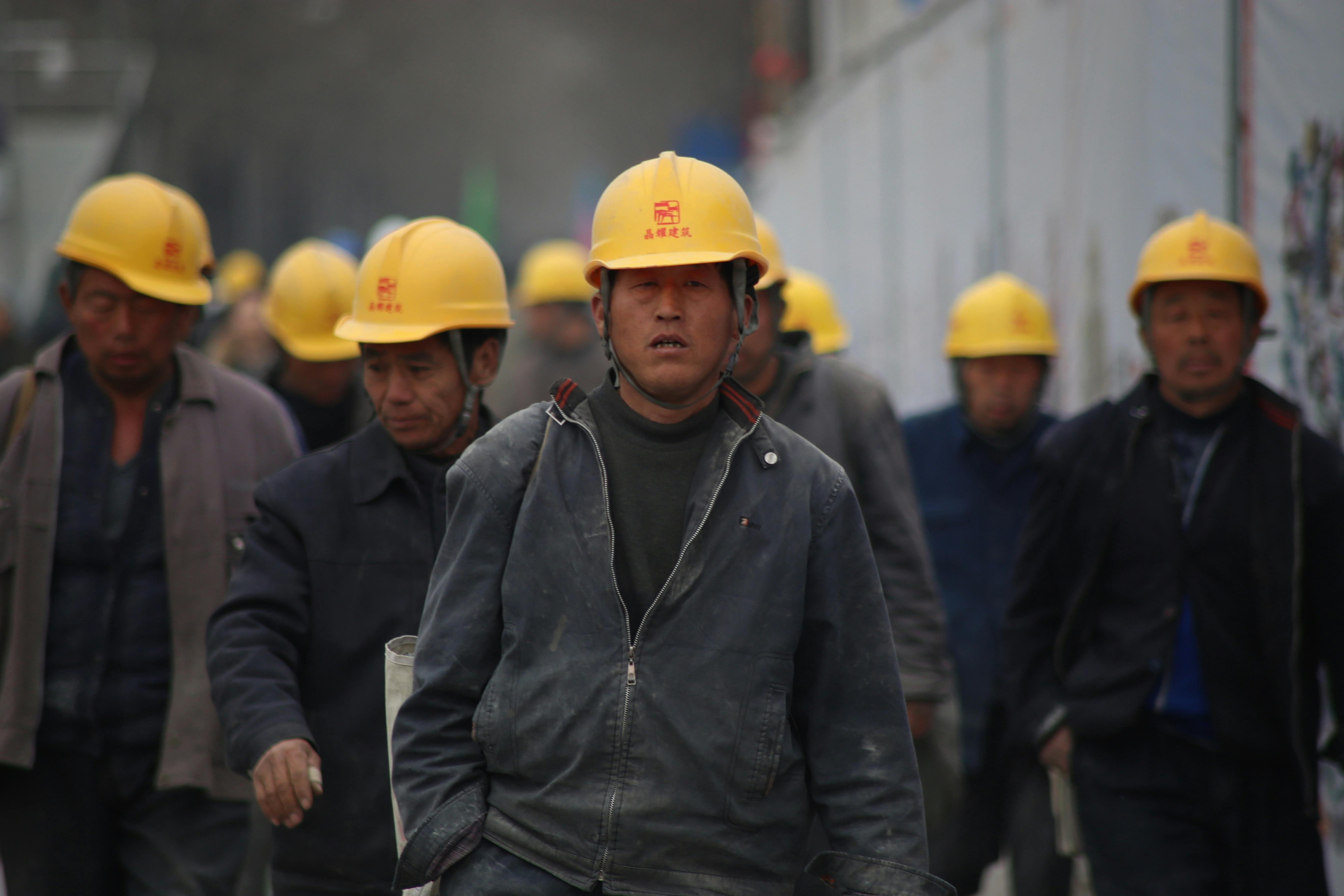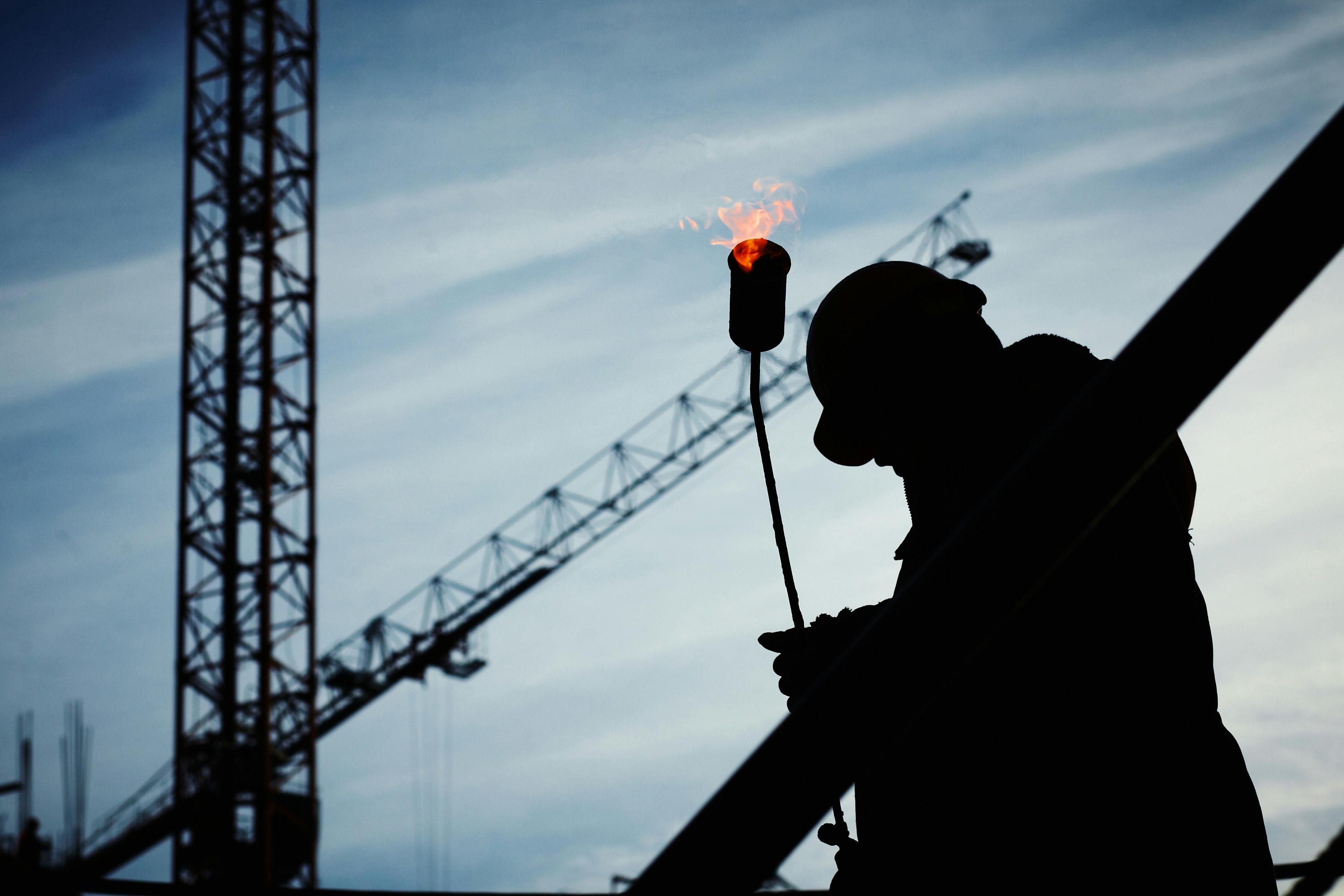Oil Field Housing: Hotels vs. Man Camps

The pipeline compressor at your Texas site just failed, and you need 25 technicians on-site by morning to prevent a complete production shutdown. Half your crew is scattered across three states, and the nearest man camp is booked solid with another company's project.
You're staring at equipment repair costs climbing toward six figures while scrambling to find hotel rooms near a remote pipeline in the middle of nowhere.
Standard booking sites show "no availability," but production can't wait. One wrong move on crew accommodations and you're explaining to executives why a fixable equipment failure became a multi-day production loss.
Man camps offer control but zero flexibility, while hotels provide adaptability but create operational headaches with traditional booking methods.
The choice between rigid housing that can't adapt and flexible accommodations that are impossible to coordinate shouldn't determine whether your energy projects succeed or fail.
Man Camps: Complete Control, Limited Flexibility
Workforce housing refers to temporary accommodations built specifically for energy infrastructure projects, typically positioned directly on or adjacent to work sites.
These self-contained facilities house crews for weeks or months during construction, maintenance, or installation projects.
Man Camp Pros: When On-Site Control Wins
- Immediate response times with crews within walking distance of equipment
- Only viable option for remote locations beyond 100 miles from hotels
- Complete operational control during critical maintenance
Cost predictability becomes crucial for long-term construction projects. You pay a fixed rate per unit regardless of timeline extensions, protecting budgets from daily rate fluctuations that can destroy project margins.
Operational security for regulatory compliance gets simplified when you control the entire housing environment, ensuring crews meet safety protocols and maintain required certifications.
Man Camp Cons: Where Rigid Housing Fails
Equipment failure extensions expose man camps' fatal flaws:
- Zero timeline flexibility – your 30-day pipeline project becomes 75 days with daily overhead costs exceeding $2,000, regardless of work progress
- Crew morale suffers when workers live at their workplace for months. Losing one experienced pipeline welder costs you thousands in recruitment and training; far more than any accommodation savings.
- Massive upfront costs of $85,000+ per housing unit before any productive work begins
- Staffing overhead for facility management, security, and maintenance personnel that drains capital from energy operations
Consider the Bakken pipeline project that transformed from a planned 30-day installation into a 75-day ordeal due to environmental compliance requirements.
The man camp's fixed infrastructure became a financial anchor, doubling accommodation costs while crews grew increasingly frustrated with their confined living situation.
Man camps work when timeline and crew size remain predictable, but energy projects rarely follow predictable patterns.
Hotels: Maximum Flexibility, Major Booking Challenges
Energy operations managers choose hotels for:
- Timeline flexibility when production problems extend project durations beyond original estimates
- Improved crew satisfaction and retention when workers return to comfortable accommodations each evening instead of living on-site for weeks
- Zero infrastructure costs, avoiding the massive upfront investment required for man camp construction
- Scalable workforce accommodation that adjusts crew size based on project needs rather than fixed housing capacity
Traditional Hotel Booking Problems Fail Oil Field Operations
Standard booking platforms create operational nightmares:
- Non-refundable penalties destroy budgets when timelines shift. One equipment failure extension wastes $8,000+ in unusable hotel nights while your crew scrambles for last-minute accommodations at premium rates.
- No availability near remote energy sites 200+ miles from cities
- 6+ hours weekly chasing receipts instead of managing operations
- Credit card authorization delays leave exhausted technicians sitting in hotel lobbies at midnight after 16-hour shifts, unable to check in while equipment waits for morning repairs
Reality Check Examples Reveal the True Cost
Let’s say a Gulf Coast refinery’s scheduled 5-day turnaround maintenance extends to 15 days when corrosion damage exceeds initial assessments.
Non-refundable hotel bookings result in $8,000 lost on unused rooms, while new accommodations cost premium rates due to last-minute booking requirements.
Standard booking platforms promise flexibility but deliver administrative chaos.
Smart energy companies need booking solutions built for operational reality, not family vacations—that's the difference between controlled project costs and accommodation disasters.
With Engine's FlexPro protection, this same refinery would modify their bookings without penalty, saving the entire $8,000 loss while securing accommodations at pre-negotiated rates.
True Cost Analysis: What Energy Companies Pay for Business Travel
Replacing experienced technicians costs more than accommodation savings when crew turnover increases from extended on-site living.
Skilled worker turnover hits like a sledgehammer to project budgets.
When your certified pipeline welder quits over accommodation frustrations, you're suddenly paying $200/hour for emergency contractors while your $2 million compressor sits untouched; that's how housing decisions destroy project economics.
Personnel costs for man camp facility operations, security, and maintenance staff often get overlooked in initial budgeting.
These hidden costs can add 30-40% to your accommodation expenses; money that should fund energy operations, not housing management.
Real Project Example: Permian Basin Pipeline
Original plan: 20 technicians, 14-day valve replacement project
Reality: Environmental compliance issues and equipment complications extend timeline to 28 days
Man camp fixed overhead continued at $2,000 daily through the 14-day extension. That's $28,000 in accommodation costs while waiting for regulatory approval to resume work. The crew stayed housed but unproductive, burning through budget with zero project progress.
Standard hotel bookings hit different problems. Non-refundable penalties wasted $8,400 on the original 14-day reservation that couldn't be used. Rebooking for the extended timeline cost premium rates due to last-minute availability, adding another $4,200 to accommodation expenses. Total hotel cost reached $35,600 when it should have been $23,200.
Truth: Total cost includes flexibility value and operational management efficiency, not just nightly rates.
Your Accommodation Decision Matrix
4 Questions That Determine Your Choice
Answer these questions honestly based on your project's operational realities, not optimistic schedules that rarely survive regulatory delays and weather complications.
- Can you predict the project timeline within 2 weeks? Equipment failures, regulatory delays, and weather complications make accurate timeline prediction nearly impossible for most energy operations.
- Is crew morale critical for project success? Experienced energy technicians have multiple employment options and choose companies that provide reasonable accommodation conditions.
- Do you need to scale the workforce up or down? Project complexity often requires additional specialists, environmental consultants, or regulatory inspectors on short notice.
- Are you managing temporary maintenance versus long-term construction? Maintenance operations typically benefit from accommodation flexibility, while major construction projects may justify man camp infrastructure.
Take Control of Your Accommodation Reality with Engine
Energy projects can't afford accommodation mistakes during critical production schedules. Delays and timeline changes make flexibility essential for operational success.
Engine eliminates the problems that destroy project budgets. FlexPro protection lets you modify bookings when equipment failures extend timelines. No penalties, no lost money.
Direct Billing delivers one monthly invoice instead of chasing receipts from 25 technicians across remote locations. Custom field integration automatically tags every booking with project codes and cost centers.
Engine maintains over 1 million accommodations, including properties near remote pipeline routes and compressor stations where standard platforms show "no availability." Energy companies save up to 60% while gaining operational flexibility that supports project success.
Ready to stop losing money on accommodation changes? Book housing that adapts to operational reality with Engine.

Frequently Asked Questions
How quickly can I book accommodations for emergency repairs?
Engine's platform handles urgent bookings within hours, even for remote locations where standard sites show no availability. Emergency booking support ensures your crews get housed while you focus on getting equipment back online.
Can I mix man camps and hotels for the same project?
Many energy companies use hybrid approaches—man camps for core crews during long-term construction, hotels for specialists and short-term maintenance teams. This strategy provides control for base operations while maintaining flexibility for changing project needs.
What happens if my project gets cancelled after booking accommodations?
Engine's FlexPro protection covers project cancellations with full refunds, unlike standard hotel bookings that leave you paying for unused rooms. This protection is essential for energy projects where regulatory changes or equipment issues can halt operations unexpectedly.
















.avif)

.avif)






.jpg)











.avif)


